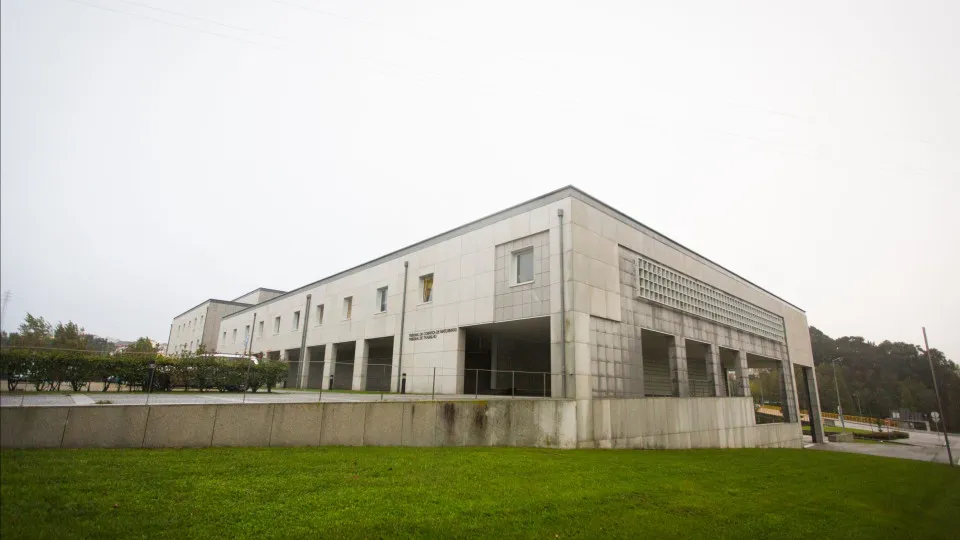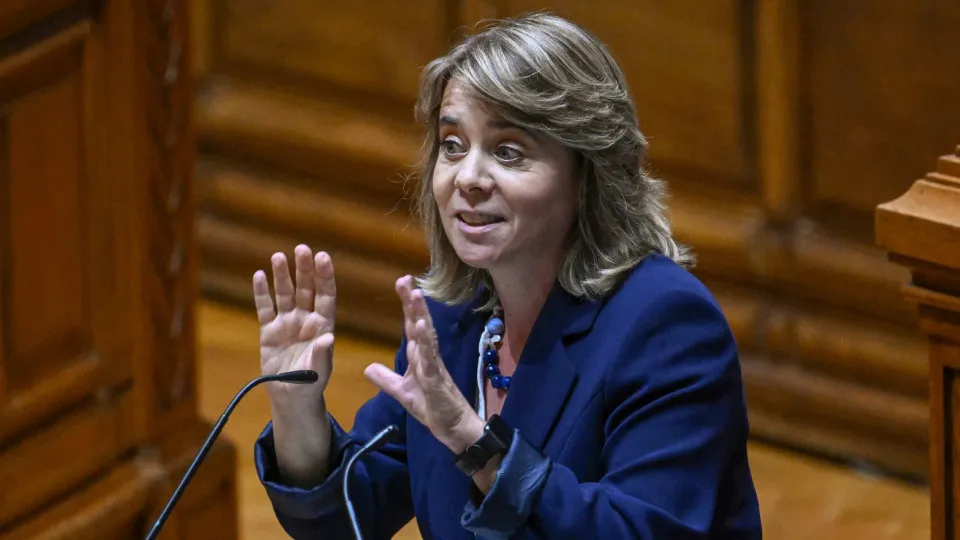The Prime Minister reiterated on Wednesday that there are no reasons for a general strike in the country and urged trade unions to act responsibly to prevent it, stressing that the Government only has a draft on labor reform under discussion and negotiations are ongoing.
“There are no reasons for a general strike in Portugal, especially at a time when the country has many challenges to overcome. While it’s important to stress that the right to protest is not in question, it is also important to say that it should be exercised with responsibility,” he warned after participating in the opening session of the “Capital Markets Day” conference at Culturgest, in Lisbon.
The Prime Minister noted that it is unprecedented for UGT and CGTP-IN to unite for a general strike in the current context of the country.
“What is at issue is a series of legislative changes under discussion and formation. There’s not even a final proposal yet. There is a draft under negotiation with all participants in the social dialogue, particularly with employer entities and trade representatives,” he pointed out.
The Prime Minister clarified that he does not intend “to exaggerate or restrict the freedom that unions have to express their positions through their forms of struggle regarding the political and economic situation of the country.”
“It’s not about restricting, it’s about demanding responsibility,” he emphasized.
But what do the unions say?
The General Union of Workers (UGT) today reaffirmed its “resounding no” to the Government’s draft for labor reform, arguing that it undermines worker protection and tips the balance of labor relations in favor of employers.
“The UGT reaffirms its resounding no to this proposal, considering it a serious setback in labor rights, weakening worker protection and unbalancing labor relations in favor of employer entities,” stated the union in the document “Resounding No to Labor Reform for Employers,” released today.
In this document, the UGT compares, point by point, what is currently provided by law, what the Government’s draft proposes, and what workers stand to lose if the reform advances.
Among the most concerning changes, the union highlights the “facilitation of dismissals and increased difficulty of reintegration in cases of unlawful dismissal” and the “aggravation of job precariousness, with longer fixed-term contracts and less protection for retired workers.”
Meanwhile, the secretary-general of Fesap stated today that the Government admitted to increasing the meal allowance by 2026, but did not specify the exact amount, after a meeting with the Secretary of State for Public Administration.
“It was another meeting where the Government only admitted to increasing the meal allowance by 2026,” said José Abraão, noting, however, that no proposal or specific amount was presented by the government.
Regarding this specific negotiation process, the Fesap secretary-general indicated that a national secretariat meeting is scheduled for November 20, hoping that by then the Government will clarify the proposal, but emphasizes that the entity “is always ready to protest and fight.”
The Government has already expressed willingness to advance with a new multiyear agreement, proposing, among other measures, salary increases of 2.30%, with a minimum of 60.52 euros by 2029, as well as including other issues, namely “a revision of the existing subsistence allowance regime,” revisiting the SIADAP, and the remuneration statute for executive staff.
The current agreement, signed in November 2024 with two of the public service union structures (Fesap and the Trade Union Front), provides for increases of 2.15%, with a minimum of 56.58 euros for 2026.
For 2027 and 2028, the agreement establishes increases of 2.3%, with a minimum of 60.52 euros.
The coordinator of the Common Front declared that the Government is “buying social conflict” with its proposals in the meetings but warned that the structure will not forgo the negotiation table.
“The Government sat at the table with nothing concerning the last meeting,” stated Sebastião Santana after leaving the meeting with the Secretary of State for Public Administration on Wednesday, indicating that the only new development concerns the intention to increase the meal allowance next year, as advanced by Fesap and STE.
Subsequently, following these statements, an official source from the Ministry of Finance confirmed that in the next meeting, a proposal to increase the meal allowance for the coming year will be presented. However, no specific amount was disclosed.

The last time CGTP and UGT called a joint general strike was over ten years ago during the troika period. On December 11, another strike will occur. What impact will the strike have on the workers who join it?
Beatriz Vasconcelos | 08:07 – 11/11/2025




